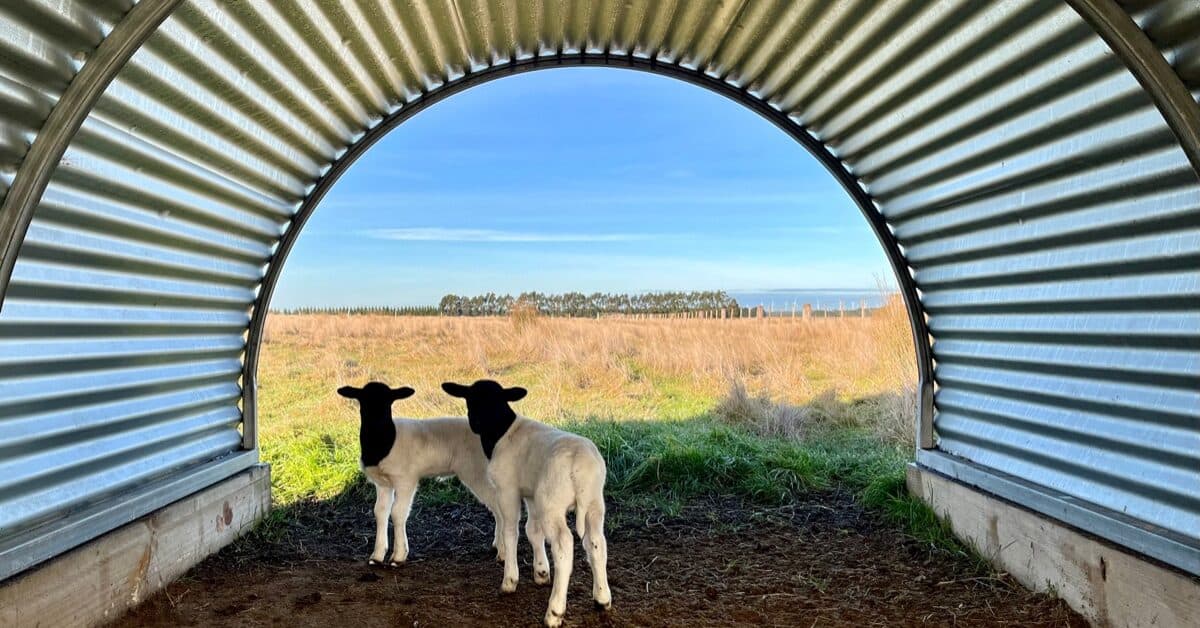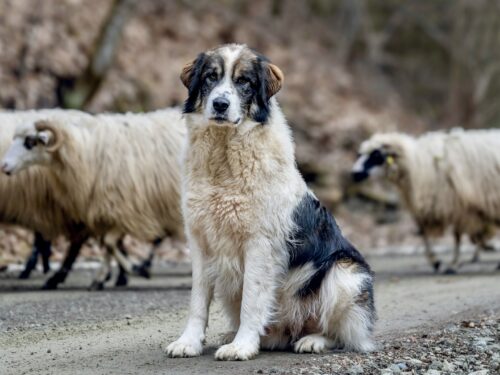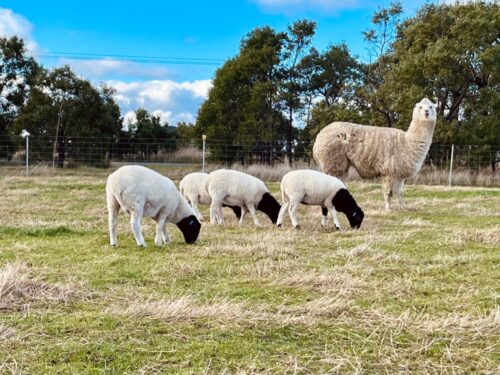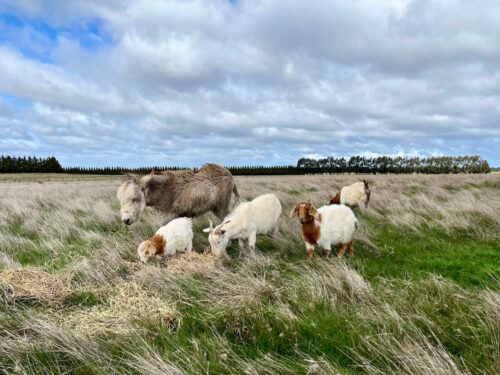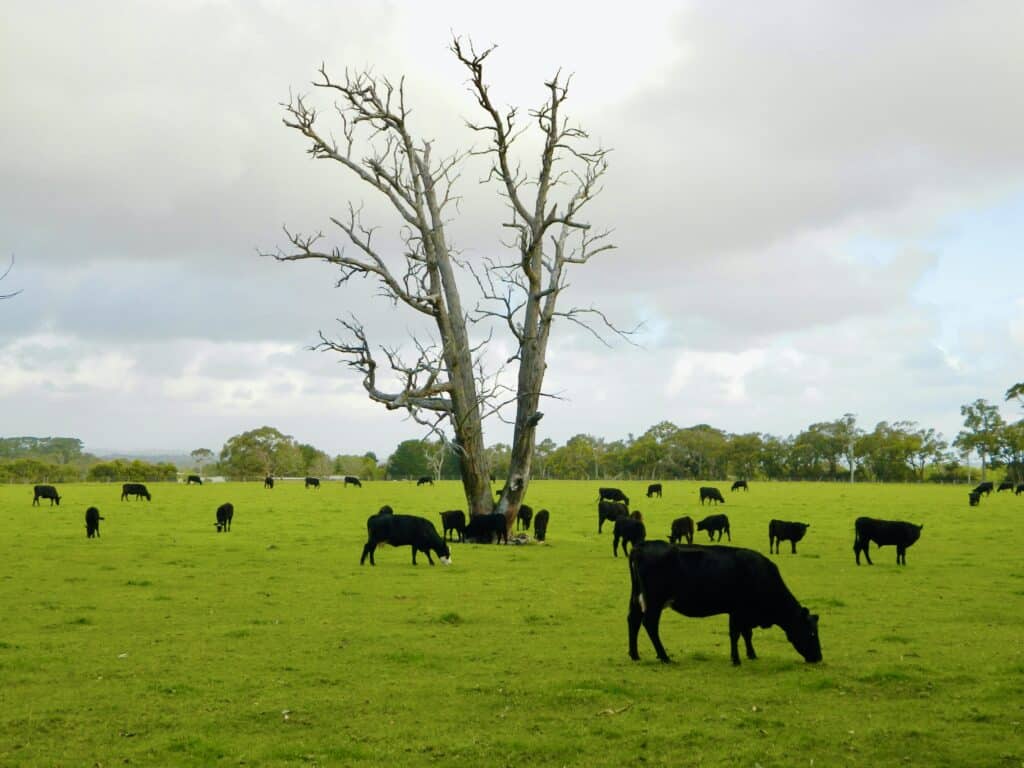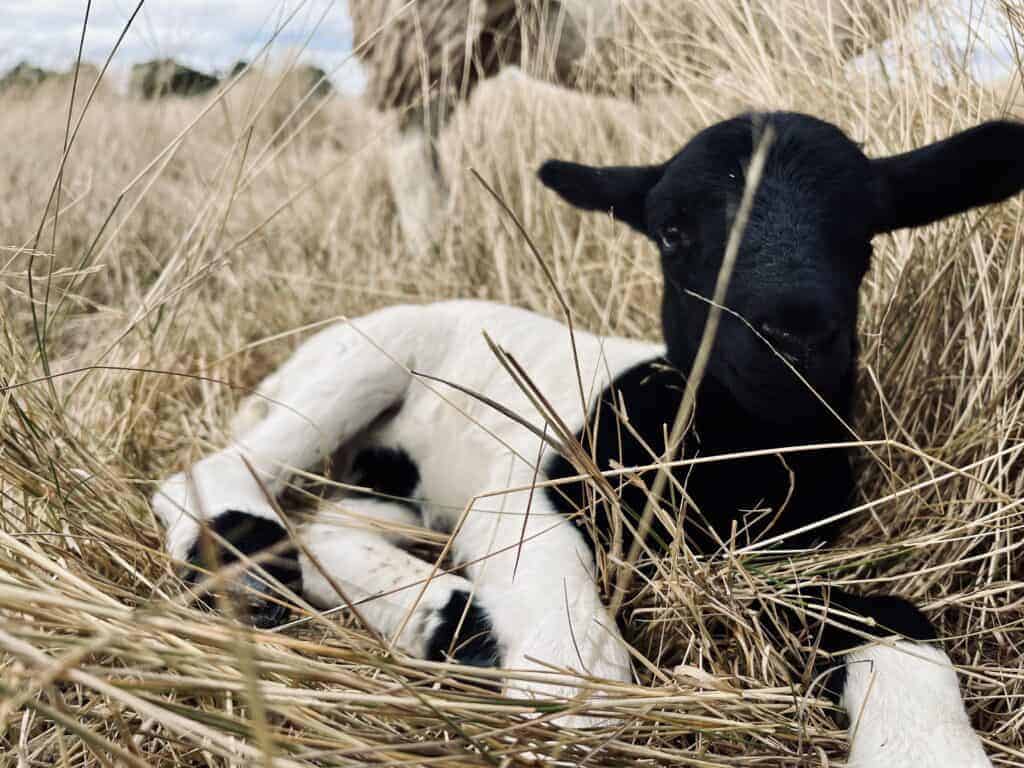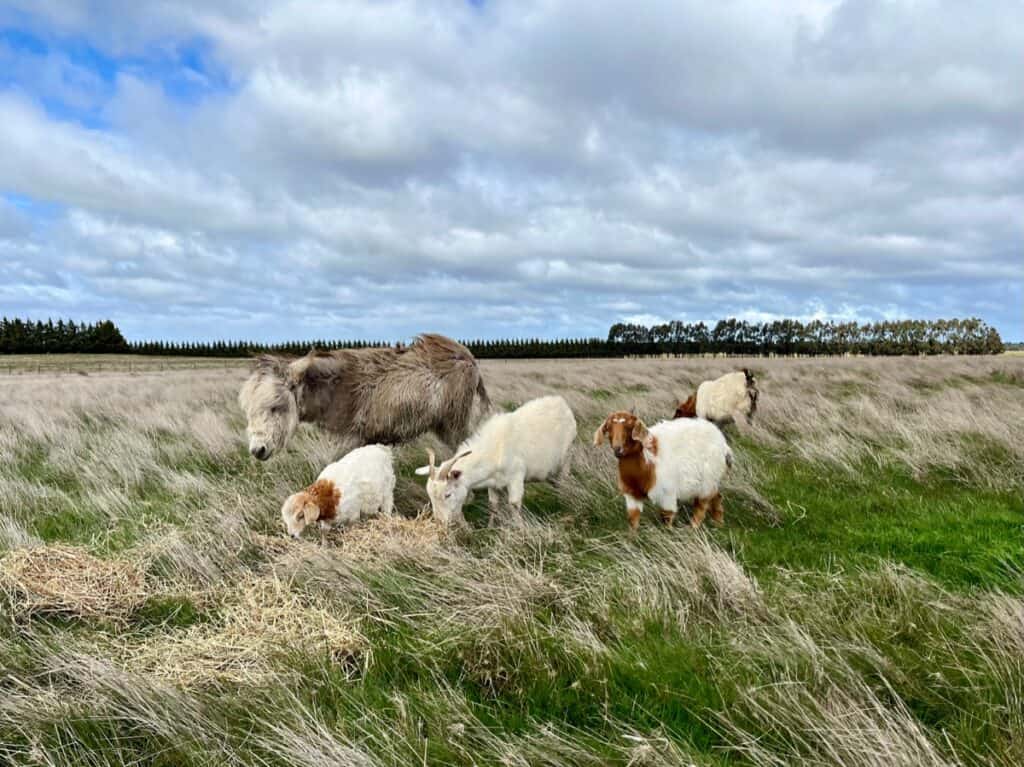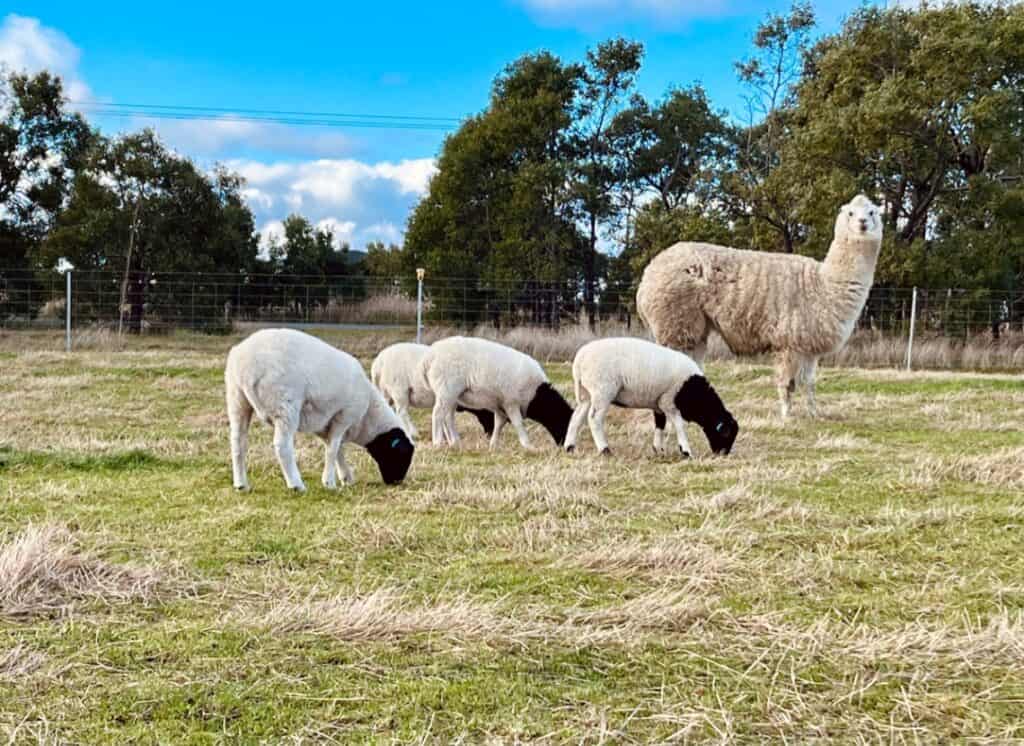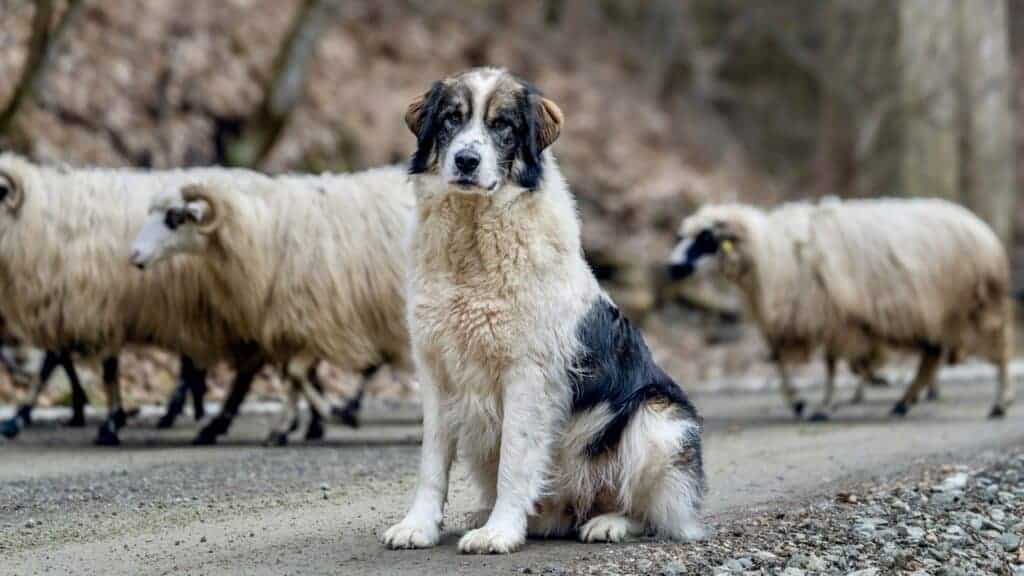Which is the best livestock guardian animal for lamb and sheep on your farm or homestead?
Livestock Guardian Animals (LGA’s) are used across the world as a means to protect livestock from predation. Some species are relatively new to the livestock guardian role, others however have been bred over centuries specifically for the purpose.
When selecting a livestock guardian animal it is important to take into account the exact role you need the animal to fulfil.
What livestock species are they protecting?
Across the world farms use livestock guardian animals to protect an array of different species; from free range poultry through to cattle.
There is also the question as to whether these livestock guardian animals are protecting adult stock or young livestock, such as lambs.
As defenceless as an adult ewe may seem, usually they would have some degree of a fight or flight response. Enough to preserve themselves while a guardian animal comes to their aid. Lambs, however, require a guardian to be one step ahead of the hunter.
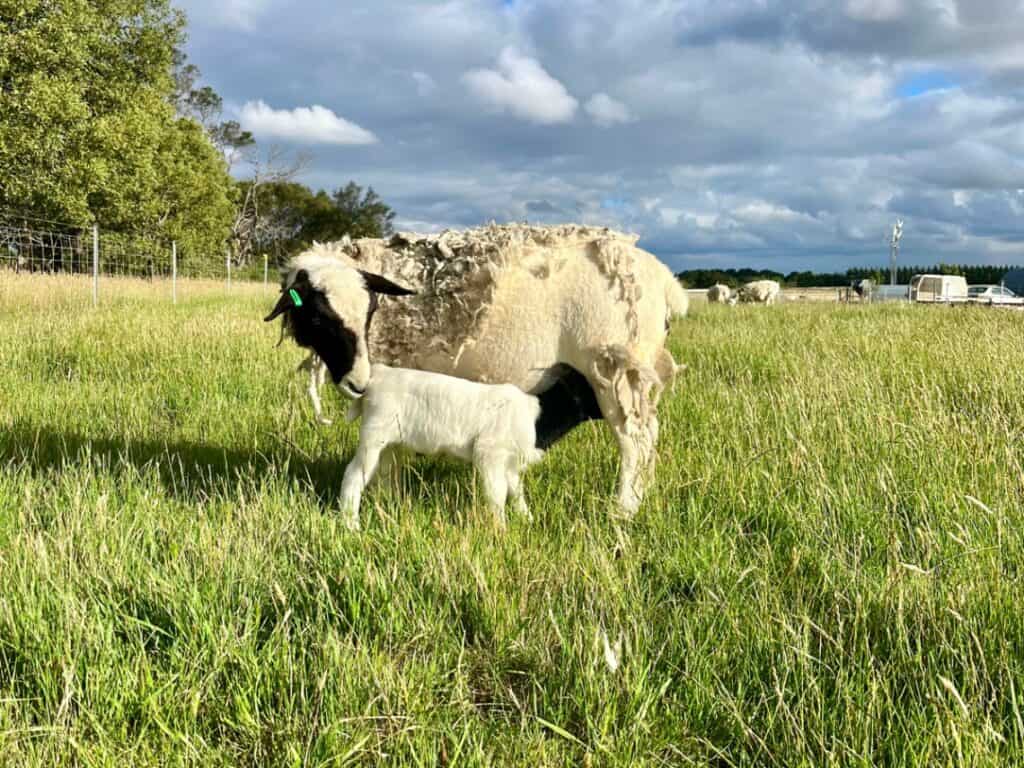
What are the predators they are protecting against?
This will be unique to your part of the world. At Silverholme, in the Victorian Highlands, our biggest threat comes from foxes and eagles. In other regions of Australia you may be combatting dingoes and wild dogs, while, in parts of the world further afield, wolves and bears might be a reality.
In many regions around the globe, the Alpaca, with their keen eyesight and herd instinct, is considered a strong contender as a guardian animal. They are relentless when in pursuit of small canids or aerial predators.
Yet, in places where predators take the form of a match larger beast, the Alpaca can no longer be considered as a guardian animal but rather the animal that needs guarding. Livestock guardian dogs are widely seen as the best means of protection against these larger predators.
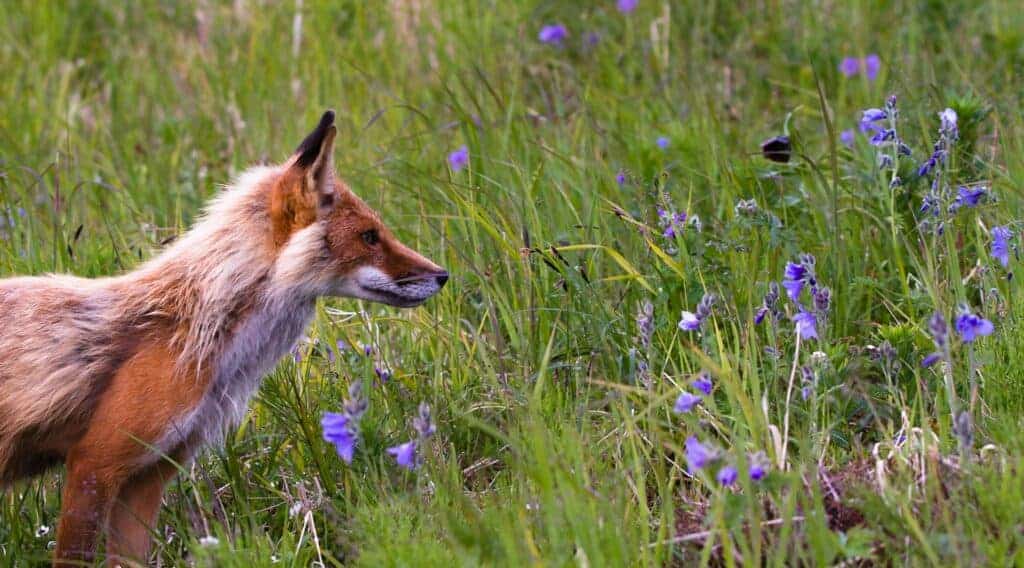
What is the cost involved in purchasing and maintaining the livestock guardian animal?
Consideration of both the upfront and ongoing cost of keeping a livestock guardian animal is important before committing to an animal. Some come with little overhead while others can become a financial burden, eroding much of the profit your stock generates.
In this post I will be mainly referring to the guarding of sheep and goat herds. Although the premise of a livestock guardian is similar in the poultry world, the predators dealt with are far more varied.
Which Livestock Guardian Animal Should I Choose for my Flock?
After you have considered the individual needs of your farm or homestead and have answered these questions:
- What type and age of livestock are the guardian animals protecting?
- What are the predators the guardian animals are protecting against?
- What financial outlay and maintenance cost is appropriate for my farm?
Read through the following detailed posts specific to each species of livestock guardian animal. They talk to cost, predators and maintenance with a rundown of the pros and cons of each species. They will highlight which is the best livestock guardian animal for lamb or sheep on your farm.
Livestock Guardian Dogs (LGD’s)
Livestock Guardian Alpacas and Llamas
Livestock Guardian Donkeys
Other Predator Deterrents
Livestock guardians are a very legitimate means of protecting your newborns on the farm. However, they all require some level of maintenance and knowledge to keep them plus have ongoing costs, some of which are significant.
A few other deterrences I thought worth mentioning are:
Fox Lights
Fox lights, usually solar or battery powered, can be placed on fence posts or mounts around or within the paddock. Their flashing lights, generally in multiple colours, give the appearance of torch light. They are successful to a degree as foxes are generally cautious of light, however, if not moved around regularly the wiley fox will quickly learn they are of no threat.
Spotlights and Checking
One of the easiest methods of deterring predators is simply to check the paddock with a torch or spotlight frequently. You can chase off any unwanted visitors when you see them. Unfortunately, we all need to sleep at some point which is an opportunity for nocturnal predators to make their move.
Firearms
This speaks for itself. Abide by your local laws. Some animals, predators or not, are protected and cannot be hunted.
Traps
Traps can be a hit and miss protection method. They are generally species specific, require routine inspection and regular baiting. Most predators are wily and aren’t likely to stumble into a trap. In saying this, traps can occasionally work and sometimes that’s all that’s needed.
Share
